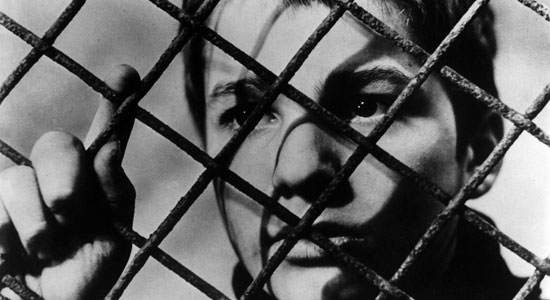 Tift Merritt is about as approachable as they come. An email inquiry to her press rep prompts an almost immediate response from the artist herself. “I’m happy to catch you up on what we’ve been up to lately and the like … just let me know if phone or email is better for you.” Merritt’s only stipulation: that any interview happen after 11 a.m., so she can get in her daily practice session on a piano she’s been using at a club not far from her Manhattan apartment. You could argue that, with a voice like hers, Merritt should be able to afford her dream piano by now. But while she may not be a household name (yet), she’s on a trajectory not unlike a few of her singer/songwriter luminaries (Emmylou Harris, Lucinda Williams), stockpiling critical plaudits and fan adoration for the four studio albums she’s released since 2002. Her most recent, See You On The Moon (Fantasy), is the scaled-back, introverted antithesis of what may be her only bid for a wider audience, 2004’s polished roots-rock zinger Tambourine. That’s the one that earned her a Grammy nod for best country album. (Guess no one bothered to tell the academy it wasn’t country.) Merritt will be guest editing magnetmagazine.com all week. Read our brand new Q&A with her.
Tift Merritt is about as approachable as they come. An email inquiry to her press rep prompts an almost immediate response from the artist herself. “I’m happy to catch you up on what we’ve been up to lately and the like … just let me know if phone or email is better for you.” Merritt’s only stipulation: that any interview happen after 11 a.m., so she can get in her daily practice session on a piano she’s been using at a club not far from her Manhattan apartment. You could argue that, with a voice like hers, Merritt should be able to afford her dream piano by now. But while she may not be a household name (yet), she’s on a trajectory not unlike a few of her singer/songwriter luminaries (Emmylou Harris, Lucinda Williams), stockpiling critical plaudits and fan adoration for the four studio albums she’s released since 2002. Her most recent, See You On The Moon (Fantasy), is the scaled-back, introverted antithesis of what may be her only bid for a wider audience, 2004’s polished roots-rock zinger Tambourine. That’s the one that earned her a Grammy nod for best country album. (Guess no one bothered to tell the academy it wasn’t country.) Merritt will be guest editing magnetmagazine.com all week. Read our brand new Q&A with her.

Merritt: I really love old movies (Hud with Patricia Neal, Notorious with Ingrid Berman; I could go on … ), but I think there is something really interesting and unusual that happened when François Truffaut worked with fictional character Antoine Doinel over time. Beginning with The 400 Blows, we get to follow him into awkwardness, adulthood, sex, marriage and parenthood. The films are sweet and funny poignant, and I have this weakness for things French. Like how everyone wears one outfit—their character’s uniform of sorts. That is so French. I love having a uniform of sorts that I wear over and over, so I don’t have to think about it. I think it is a very American idea that we have to have some new outfit every morning. Anyway, the point is that these stories have a very human, fable-like quality to them. And I love the idea that actor Jean-Pierre Léaud and Truffaut were able to collaborate over time, grow together and be each other’s muse and teacher.
Video after the jump.
http://www.youtube.com/watch?v=x_Ezl8Kwrw0






